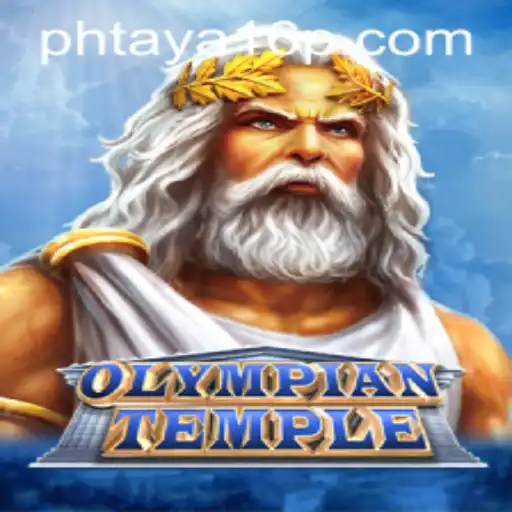An Insightful Look into God of War
The gaming industry has always been a hub of innovation and excitement, continuously transforming narratives into immersive experiences. One such game that has captured the imagination of players globally is God of War. This critically acclaimed series is renowned for its breathtaking visuals, compelling storylines, and intricate gameplay mechanics. As we delve into the specifics of this game, including its rules and the essence of its narrative, we also explore how it stands in today's dynamic gaming market.
The Ethereal World of God of War
God of War is a single-player action-adventure game known for its brutal combat system, rich storytelling, and mythological settings. Developed by Santa Monica Studio, the series follows the journey of its protagonist, Kratos, as he battles gods, demigods, and mythical beasts. Initially rooted in Greek mythology, the recent installments have beautifully transitioned into the realms of Norse legends.
The game expertly merges personal vendetta with epic battles, offering players an experience that is as emotional as it is thrilling. The narrative of God of War centers around themes of revenge, loss, and redemption, creating a rich tapestry against which the intense action of the game unfolds.
Introduction and Development
As we revisit the origins of God of War, it is essential to understand the vision behind its creation. Initially released in 2005, the game was a visionary project by David Jaffe. The initial success led to the development of numerous sequels and spin-offs, each expanding the mythos of Kratos and introducing new gameplay elements to the series.
The shift from Greek to Norse mythology marked a significant evolution for the franchise. This transition was not merely a change in setting but an expansion of the emotional depth and complexity of the characters. The introduction of Atreus, Kratos's son, adds a new dimension to the gameplay, emphasizing tactics and cooperation.
Gameplay and Mechanics
The rules and gameplay mechanics of God of War are central to its allure. The game employs a third-person fixed camera perspective, allowing players to navigate through stunning, expansive environments. Combat is a core aspect of the game, integrating traditional melee attacks with strategic use of magical abilities.
Players must master the use of Kratos’s iconic weapons, such as the Blades of Chaos and the Leviathan Axe, to tackle hordes of enemies. Strategy is key as players are tasked with solving complex puzzles, exploring hidden regions, and managing resources to progress. Each battle requires timing, precision, and reflexes, making the combat both challenging and rewarding.
Current Trends and Innovations
The gaming world is constantly evolving, with new technologies and trends that shape the experiences of players. As of 2023, the introduction of elements like virtual reality and more advanced AI in gaming underscores the potential for future innovation. God of War, with its immersive world and dynamic storytelling, finds itself well placed within these trends.
Recent developments have focused on enhancing the game's graphics and adding depth to character interactions, creating a more visceral and immersive experience. With the gaming community placing a greater emphasis on story-driven content, God of War's rich narrative and character development remain at the forefront.
The Impact of Phtaya 16
The keyword "phtaya 16" in relation to God of War could refer to an intriguing element of play or a strategic in-game component. While fictional in this context, the idea indicates a facet of gameplay that could revolve around a specific strategy or a hidden challenge within the game. In the past, game franchises have introduced legendary mod systems, secret missions, or unique challenge modes that invigorate the gaming experience, offering players new incentives to engage with the game.
Cultural and Community Influence
Beyond its gameplay and narrative, God of War holds a significant place in cultural and gamer communities. Its impact is seen in fan-art, storytelling, and community hypothesis about future game developments. Discussions and theories organically grow out of the fan base, contributing to a vibrant culture of speculation and analysis.
Services like streaming have also broadened the game's reach, with players sharing their experiences in real-time, providing insight and commentary that enrich the community’s understanding of the game's nuances.







